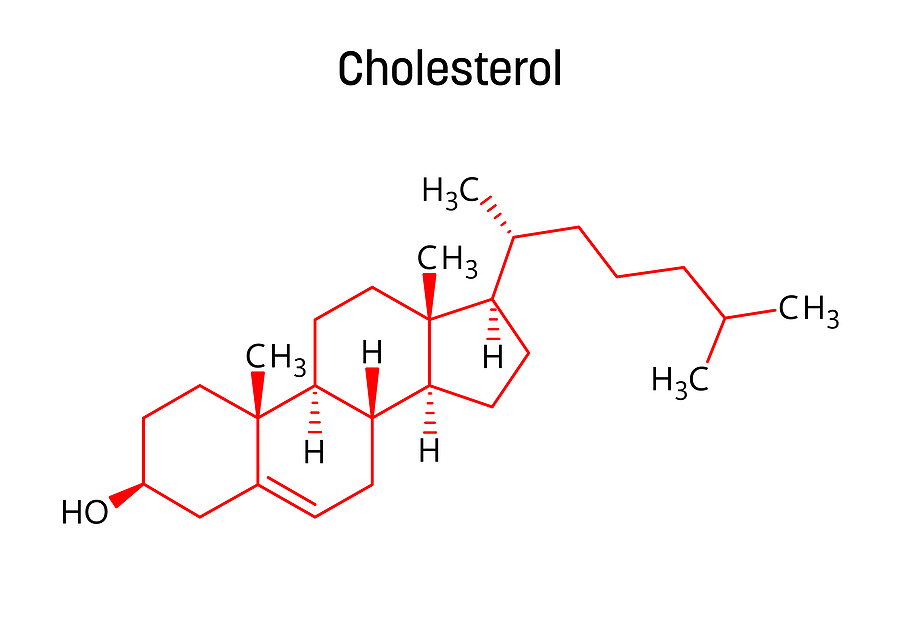As a doctor, it’s my duty to provide accurate information and debunk common misconceptions. One topic that often confuses people is cholesterol. Many believe that cholesterol is fat, but in reality, it’s a lipoprotein—a protein with a fat attached to it. Cholesterol plays a crucial role in various bodily functions, making it an essential component for overall health, especially heart health.

Importance of Cholesterol:
Contrary to popular belief, cholesterol is not inherently bad. In fact, it is so vital that removing all cholesterol from your body would lead to faster death than removing oxygen. Cholesterol is present in every cell and is crucial for cell stability, brain function, and the production of steroid hormones like testosterone and cortisone. It is also used to create vitamin D and aids in energy production within your mitochondria.
Historical Misconceptions:
To understand why cholesterol became vilified, we need to look back at history. A long time ago, researchers discovered cholesterol deposits in people’s arteries and concluded that cholesterol must be the culprit for heart problems. Subsequent studies on rabbits showed that high cholesterol intake caused artery clogging. This led to the development of cholesterol-lowering medications, which were heavily marketed due to the widespread prevalence of heart disease.
Inflammation and Arterial Health:
However, it turns out that cholesterol alone is not the primary issue. The real problem lies in inflammation and arterial damage. When the arterial lining is damaged due to inflammation, cholesterol acts as a temporary patch to prevent clotting and restore blood flow. Cholesterol is akin to a scab on the skin—necessary for repair. If the arteries heal properly, cholesterol dissipates. But if the repair mechanisms malfunction, cholesterol remains, eventually leading to calcification and hardening of the arteries.
Understanding Optimal Cholesterol Levels:
Recent scientific studies, such as the one published in Nature Scientific Reports, have shed light on the optimal levels of cholesterol for health. This extensive study involving 12.8 million adults demonstrated that there is a U-shaped curve for cholesterol levels and mortality. An optimum cholesterol level exists around 220-230, and deviating from this range can increase the risk of death. Surprisingly, lowering cholesterol too much, below 120, was associated with a doubled death rate. Therefore, aiming for an appropriate cholesterol level is crucial for overall well-being.
The Role of Cardiologists and Specialization:
The prevailing belief among cardiologists is that the lower the cholesterol, the better. This mindset stems from a previous study called the Mr. fit study, which focused solely on cardiovascular mortality. While the study showed a slight increase in cardiovascular deaths at very low cholesterol levels, it neglected to consider overall mortality rates. Unfortunately, this narrow focus limits the perspective of many specialists who fail to recognize the broader implications of cholesterol levels on various aspects of health, such as hormone balance.
Conclusion:
Cholesterol is often misunderstood and unfairly demonized. Cholesterol is not inherently bad; it is a crucial component of our bodies and plays a vital role in numerous bodily functions. While inflammation and arterial damage pose risks to heart health, focusing solely on lowering cholesterol levels can have adverse effects on overall well-being. Striving for an optimal cholesterol level, as indicated by scientific studies, ensures a healthy heart and overall longevity. Remember, it’s essential to approach healthcare with a holistic perspective, considering the interconnectedness of various bodily systems.
Taken from the Fix Blood Sugar Webinar
www.BartonWebinar.com



